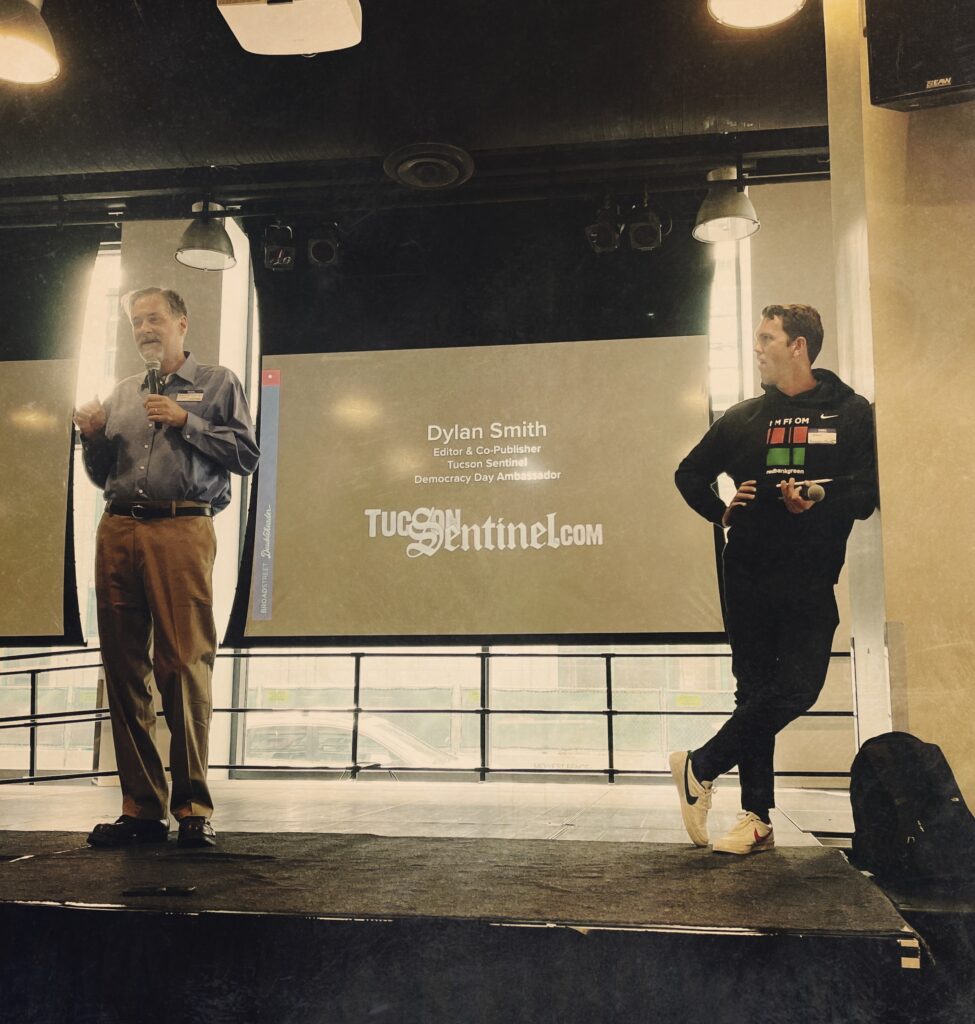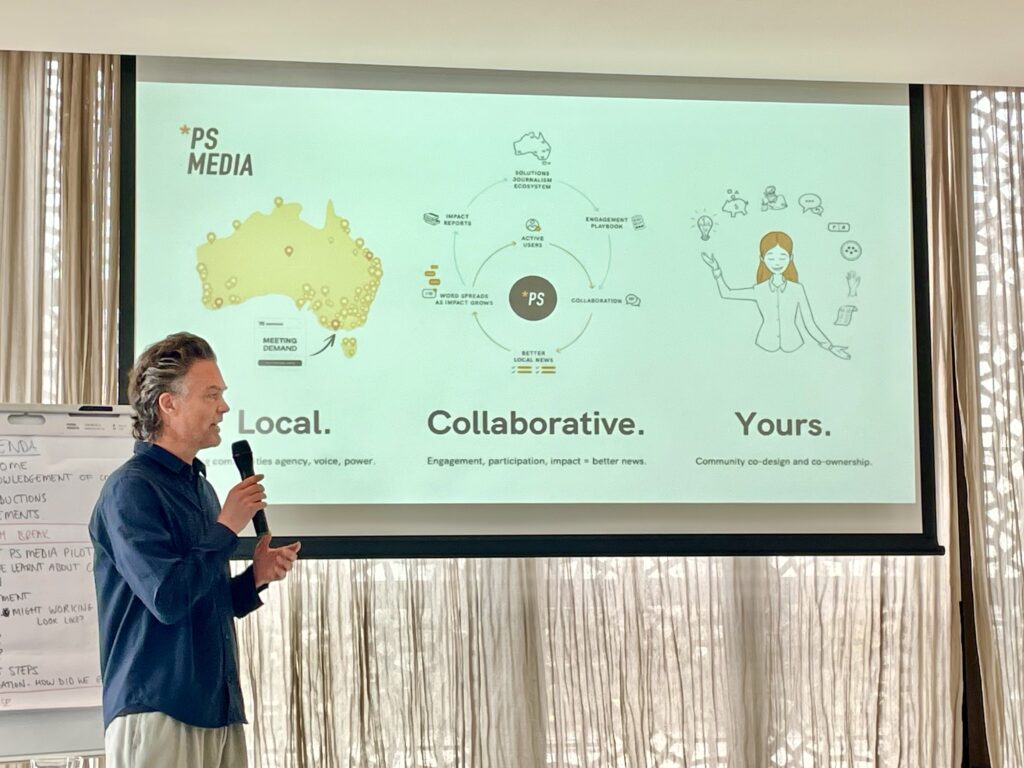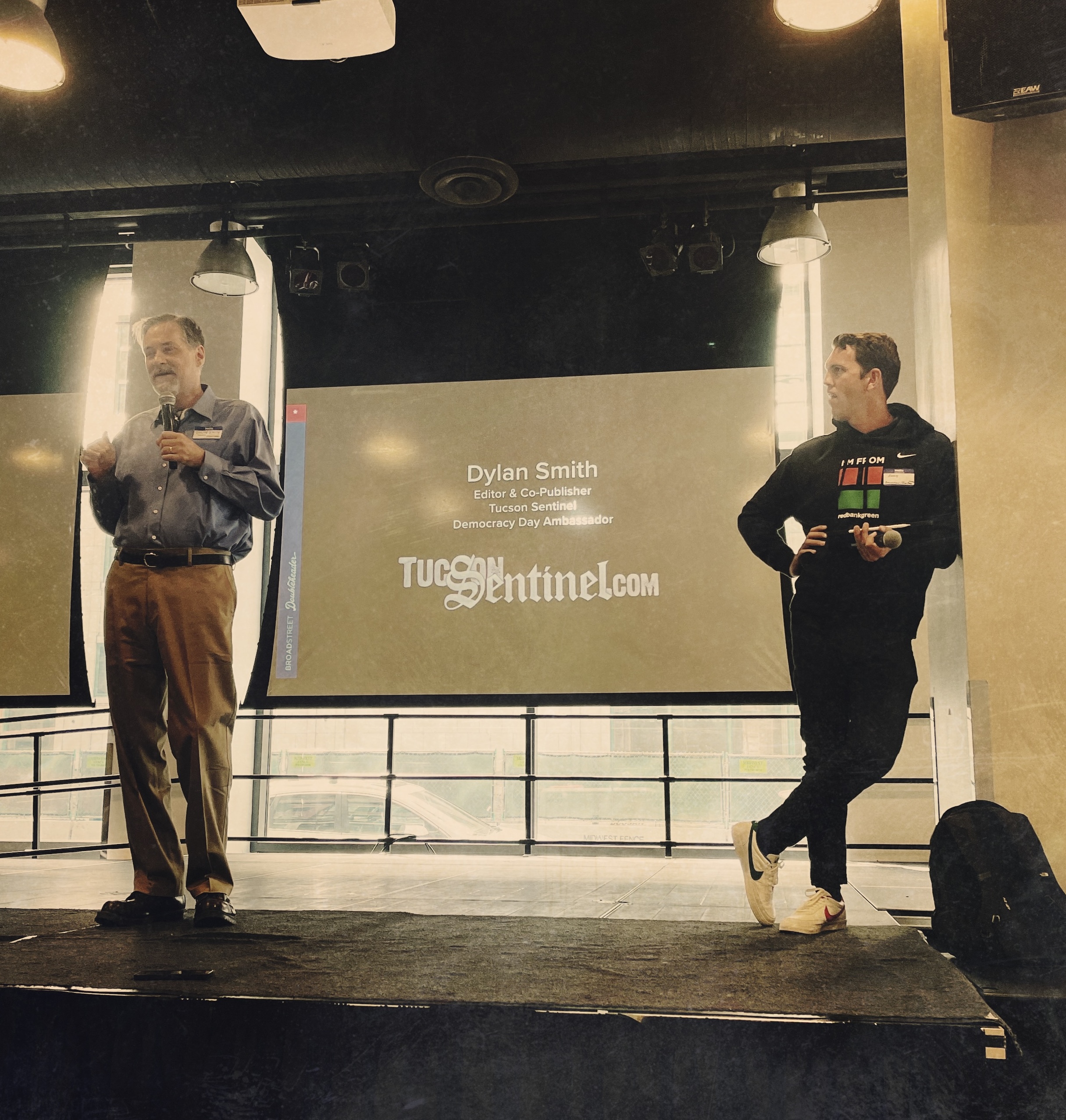There are a handful of LINA member publishers established as not-for-profits with a Board providing a gentle steer on the direction of the organisation. But most publishers in the LINA movement are for-profit entities sparked by an individual with a passion for the community they live in and a desire to share what’s happening in the community they serve. So, they set up a website and started reporting news and learned the lay of the land through trial and error along the way until their news services earned recognition for legitimacy over time. Sound familiar?
What if that process could be fast-tracked? At the LION Publishers Summit recently I heard Dylan Smith explain how the Tucson Sentinel has benefitted from a Community Advisory Council, set up as critical friends of the news service. Their group includes people who have worked in other media, lawyers, ex-politicians, ex-police, local not-for-profits, community leaders, teachers, editors from other regions and regular people with deep roots in the region. Smith recommends no more than 36 people in the group as a manageable number. Ideally consisting of recognisable names in the community to support engagement, particularly for start-ups.

Tucson Sentinel Editor and Co-Publisher Dylan Smith presents at the 2024 LION Publishers Summit (left).
Tucson Sentinel organises in-person gatherings with their Community Advisory Council at a bar about twice per year. The informal format leads to free-flowing conversation and distinguishes the group from being a board. They are, after all, advisory only with no responsibility, but they can give you critical feedback and advocate for publishers. Tucson Sentinel can also go to Advisory Council members for advice one-to-one or online as a group as needed.
Here in Australia, I’ve watched *PS Media take a similar approach through their Community Forum in St Kilda. Their Local Leadership Forum was held towards the end of their Port Phillip news pilot. The group workshopped what they would like to see from the news service and showing broad support for its continuation. This was a fantastic way to get influential people in the area to think more deeply about their local media service and how much they want it to exist — which turned out to be a lot! There were some useful suggestions shared and some offers of support, both financial and through local promotion, from participants, including comments to “let the community put you on your feet”. Something I imagine *PS Media would like to have heard 6 months prior rather than at the end of their pilot program… retrospective learnings.

*PS Media’s Community Forum
These two examples provide food for thought on gathering the influential people in your community around your news service, drawing engagement and support and helping avoid some of the mis-steps many publishers have made along the way. Community Advisory Councils, Local Leadership groups, Friends of.. groups — call it what you will, the important thing is to find a way to hold conversations that galvanise your community behind you.


